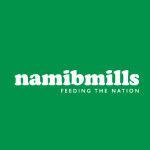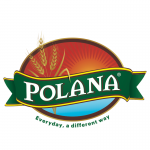Database Search
The List of Farming Companies in Namibia
Discover Top Farming Companies in Namibia Near Me. Read Reviews and Share your Experience by Leaving a Review
We found 46 companies
Meat Board Of Namibia
30 David Hosea Meroro Rd, P.O.Box 38, Windhoek
The Strategic Charter of the Board of Namibia seeks to establish: An Animal Disease-free environment The Production of Quality Namibian meat Increased Export growth and Market diversification A respec...
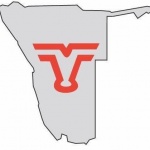
Verified
1Agra LTD
8 Bessemer street, Southern Industria, Windhoek
We have been one of the pillars of the agricultural community of Namibia since its inception in 1980, operating as a market driven business within the retail industry. Rooted in Agriculture, Agra has ...
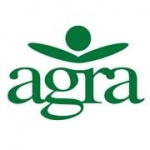
Verified
2Feedmaster
C/O Dortmund &, Iscor Street, P.O.Box 20276, Windhoek
Founded in 1983 Feedmaster is the leading animal feed manufacturer and part of the Namib Mills Investments Group (NMI) in Namibia. Our strategic intent is to be the leading supplier of technologically...

Verified
3Salt Company
Railway Station, Mandume Ya Ndemufayo, P.O.Box 1167, Swakopmund
Our salt pans are situated just north of Swakopmund, on the strikingly beautiful Atlantic coast of Namibia. This area is registered as a nature reserve and bird sanctuary and has become a popular habi...
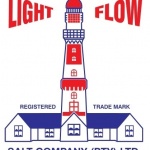
Verified
5Panorama Hunting Ranch
Farm Lichtenstein West No. 434 Windhoek District, P.O.Box 2992, Windhoek
For over 120 years and now fourth generation the art of cattle breeding and game management is being practiced in Namibia on the Farm “Lichtenstein-West”. For 35 years we have been guiding hunters and...
Verified
6Elago-Lyandje Trading cc
C41 Main Road, Okahao
A fully Namibian owned SME, with key interests in bricks production, construction/property development, engineering, farming, and transportation.
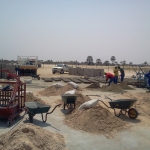
Verified+11 Years with us
7Topscore
P.O.Box 86 , Otavi
Top Score, a champion locally milled brand, is the benchmark for quality in the maize meal industry.

Verified
Filter by City
Related Categories
- Abattoirs6
- Agricultural Chemicals0
- Agricultural Consultant0
- Agricultural Equipment5
- Agricultural Services6
- Agricultural Supplies0
- Agriculture22
- Animal Feed3
- Crop Consultancy0
- Farm Fencing0
- Farm Supplies0
- Livestock0
- Mobile Saw Mill0
- Palm Oil Processing Equipment0
- Poultry Housing Suppliers0
- Sugar Estates0
- Tractor Parts and Spares0
- Willow Growers0
- Wood Products5
- Woodland Management0
